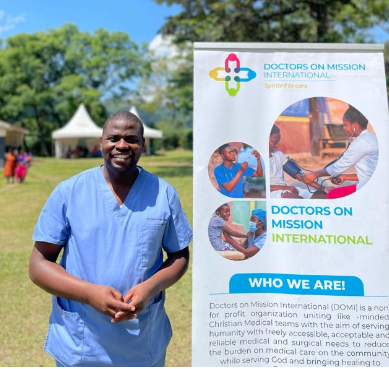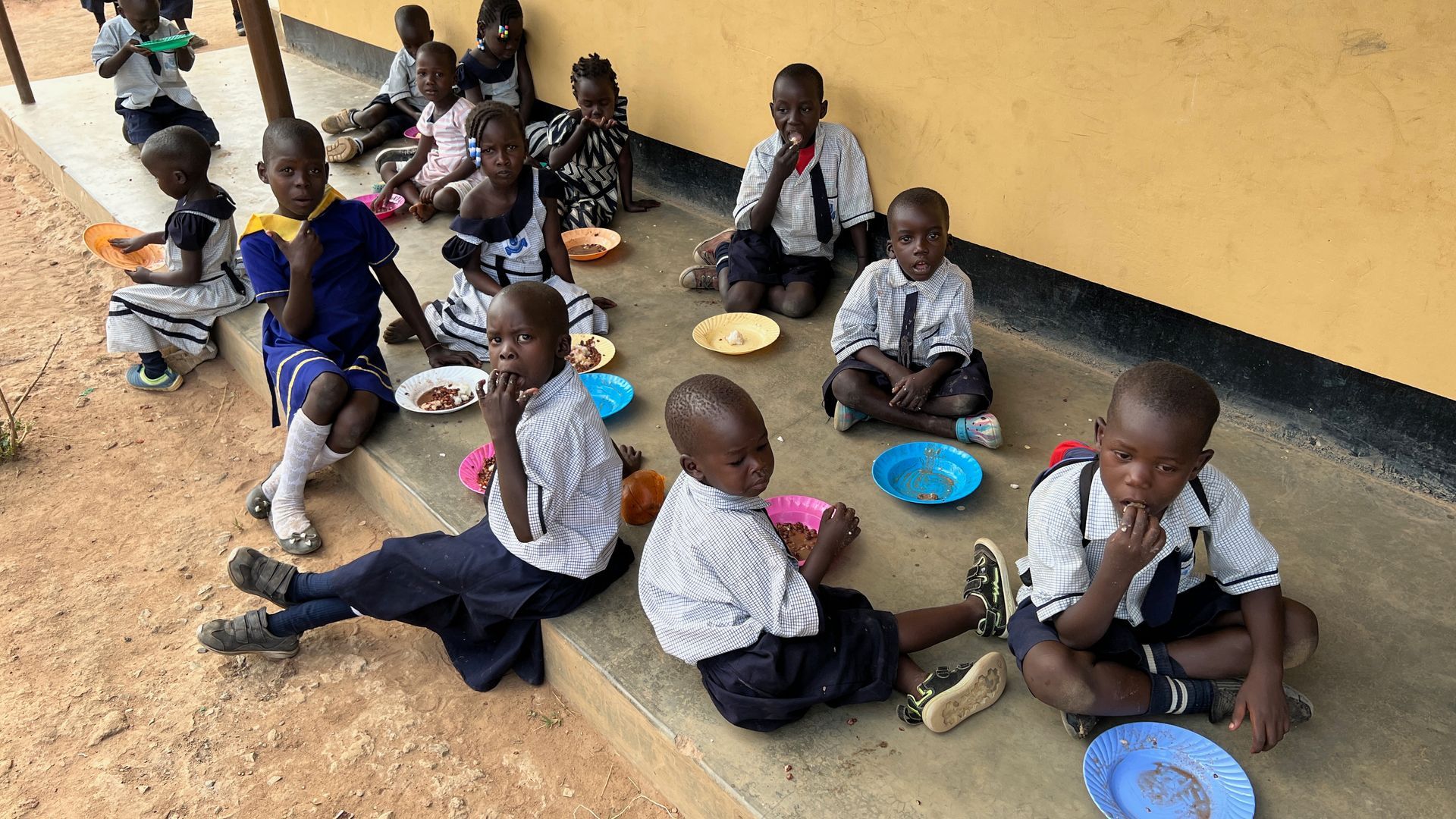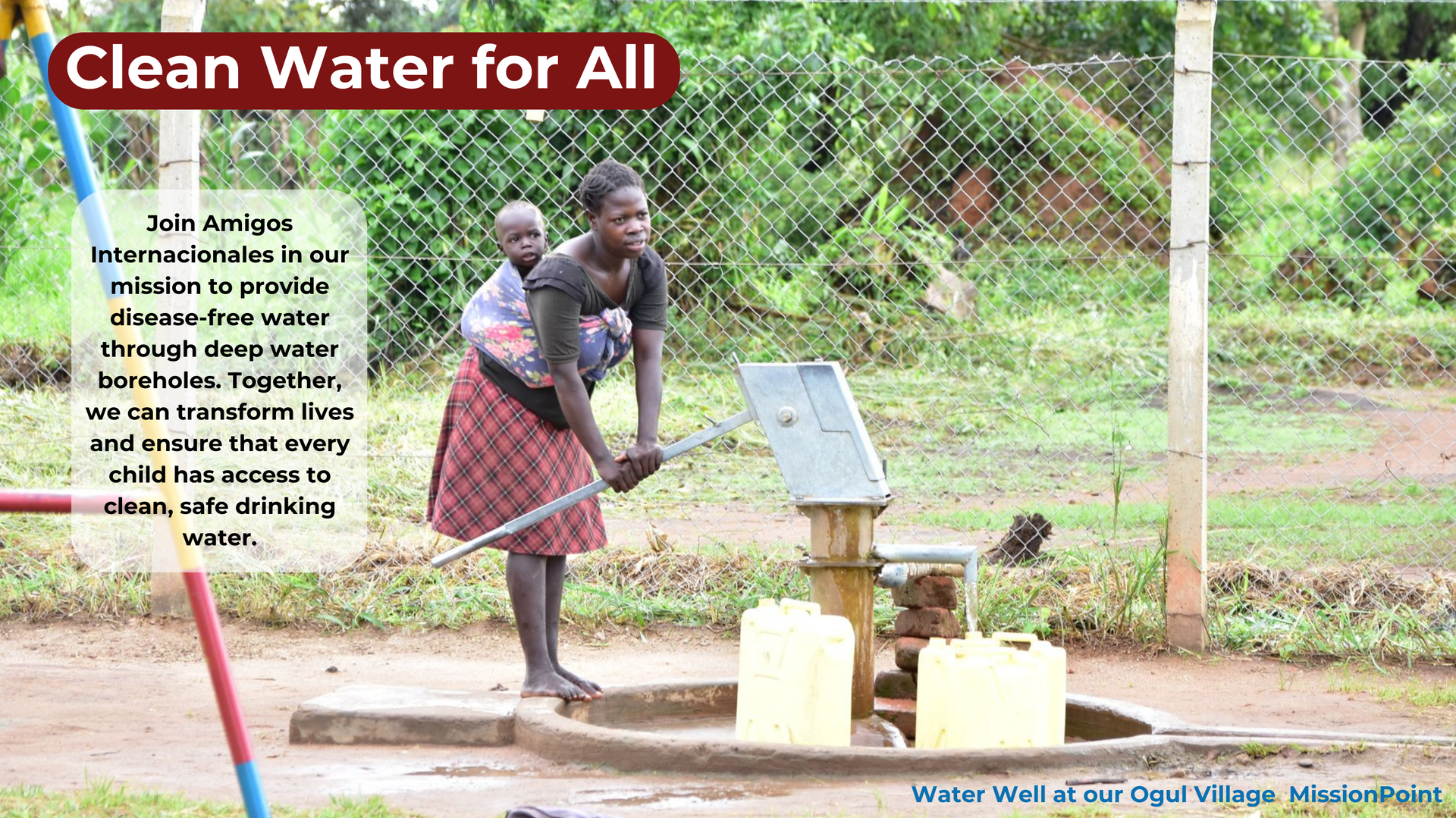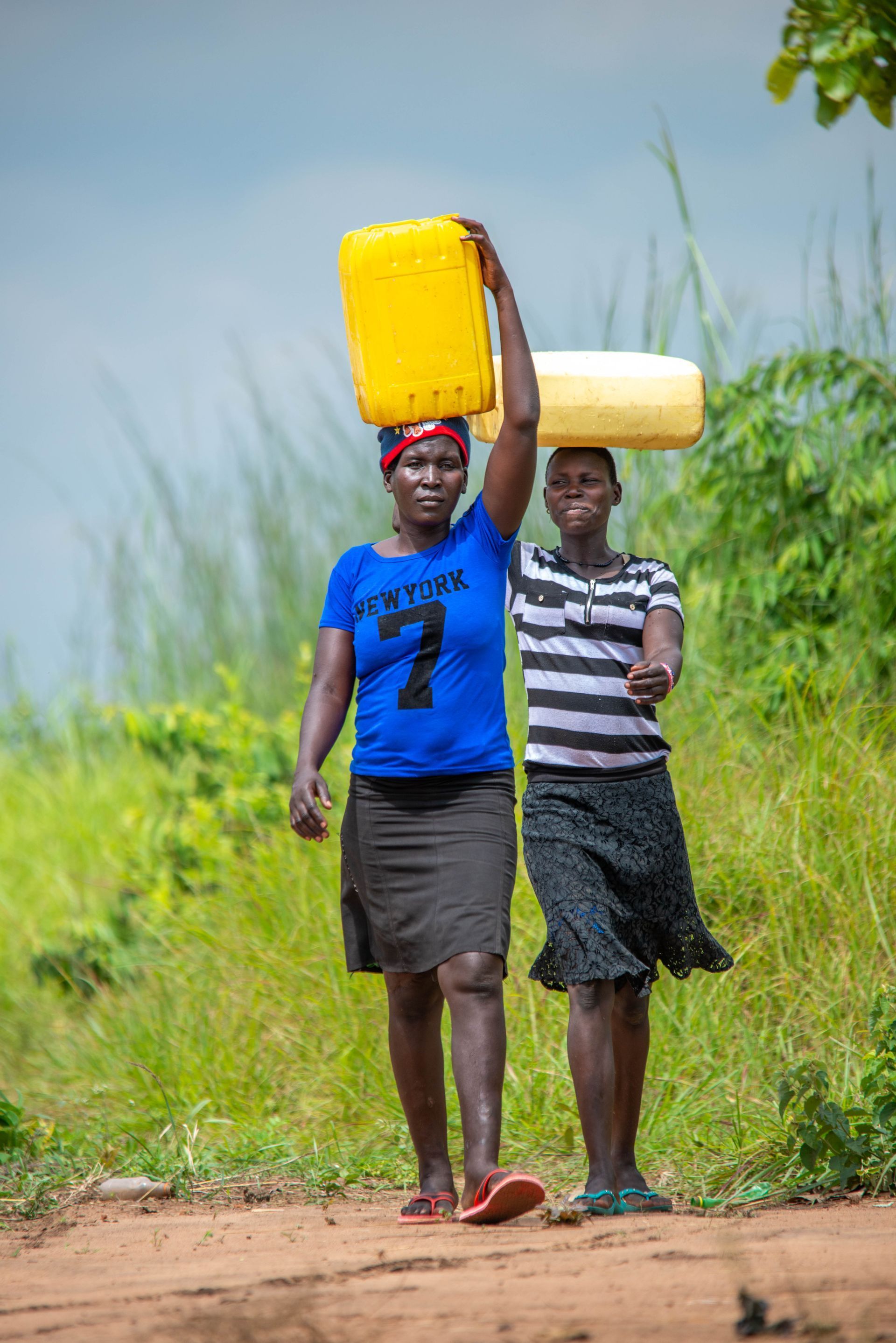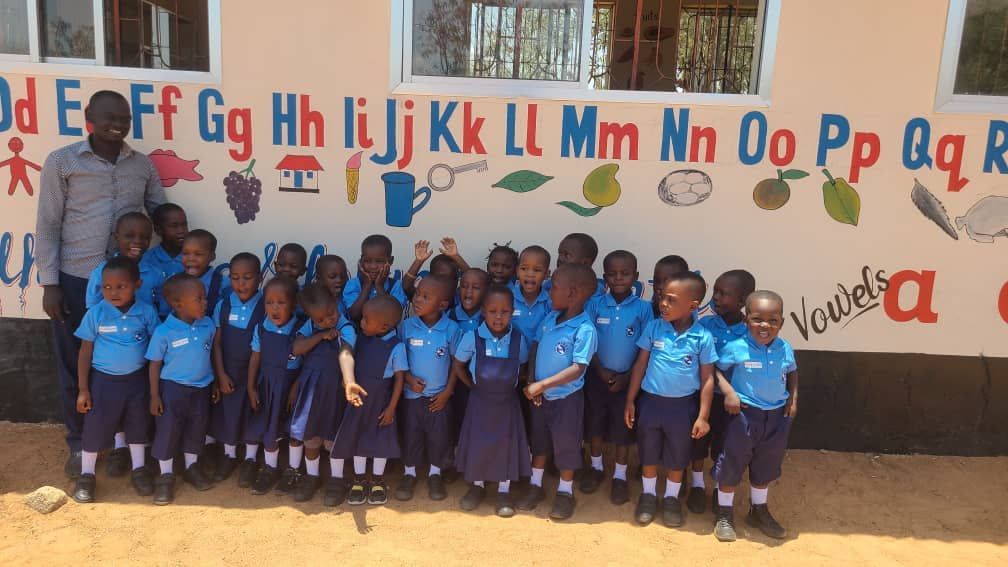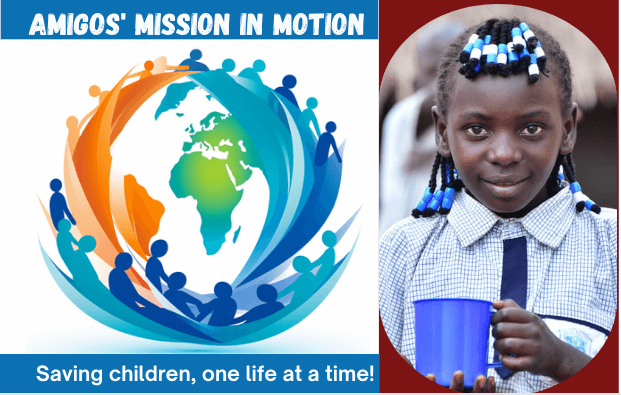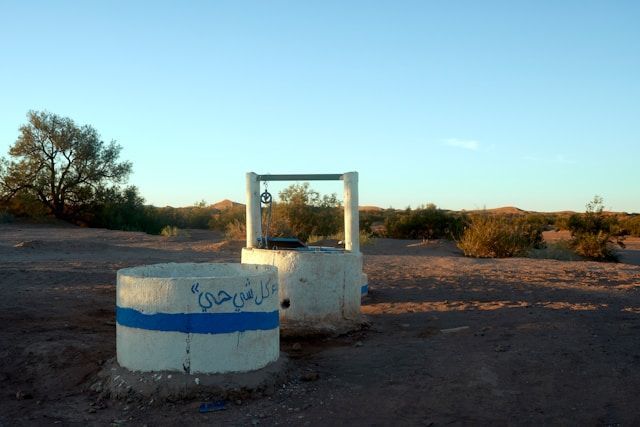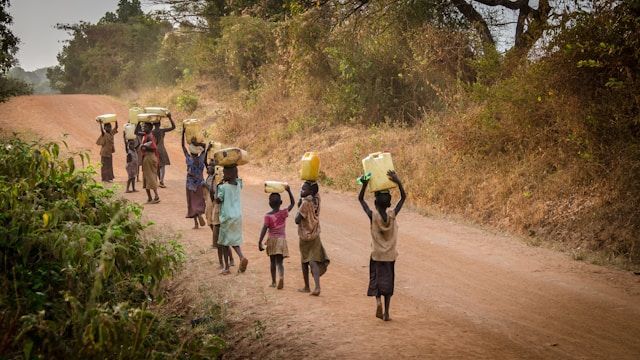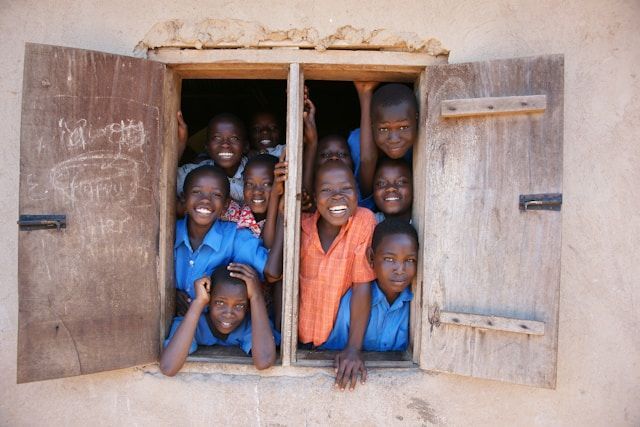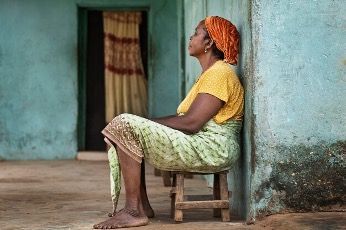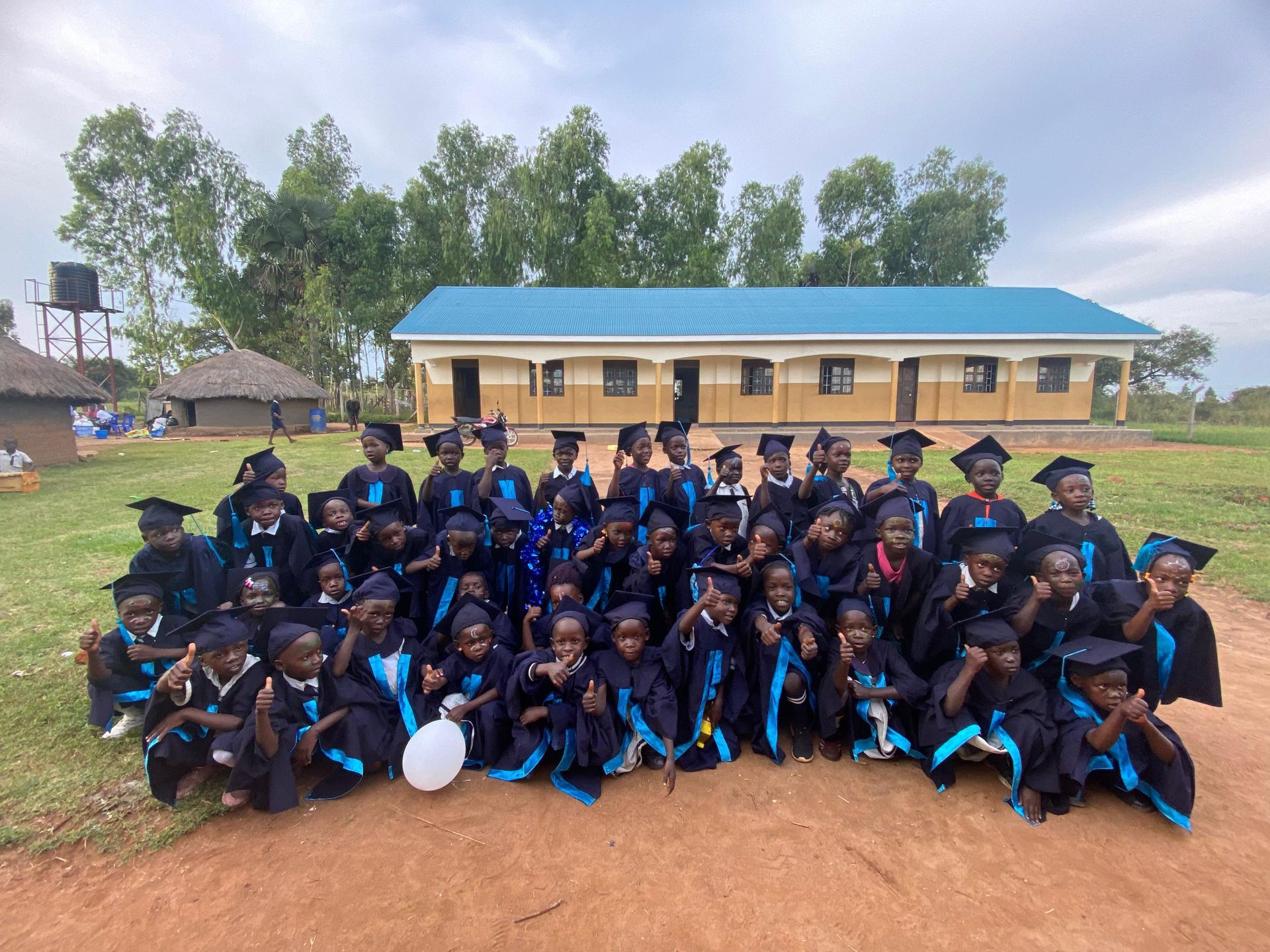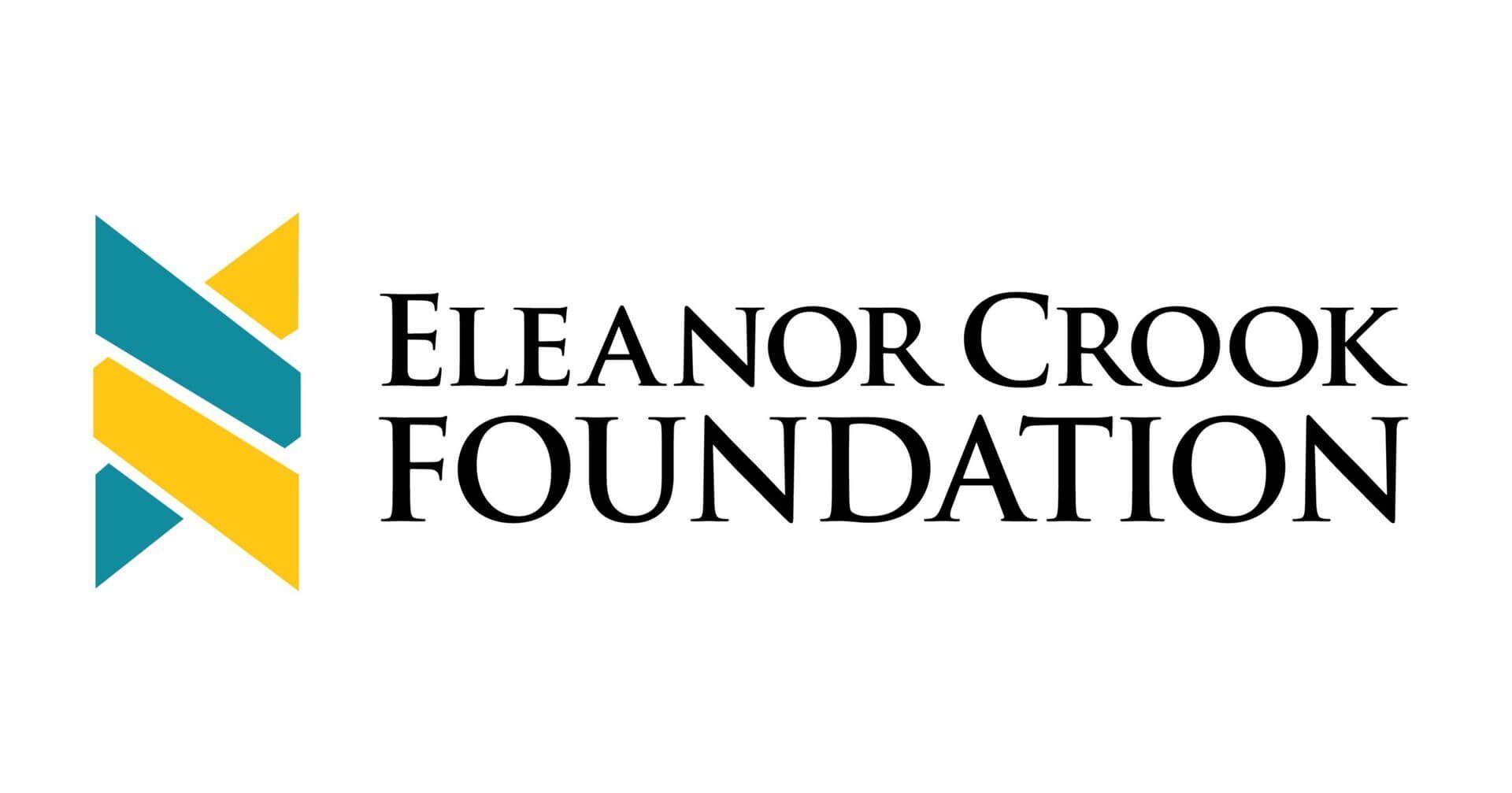Importance of building schools in marginalized societies
Building schools in marginalized societies is crucial for closing the education gap. When children have access to a school in their community, they have the opportunity to gain knowledge, skills, and opportunities for a brighter future.
Here are some reasons why building schools is important:
- Access to Education: Schools provide children with access to formal education, which is essential for their overall development and future opportunities.
- Empowerment: Education empowers children, especially girls, by giving them the tools to break the cycle of poverty and make informed choices about their lives.
- Community Development: Schools can serve as centers for community development, providing a place for learning, healthcare, and other essential services.
- Economic Growth: Educated populations are more likely to contribute to the economic growth of their societies, leading to improved living standards and reduced poverty.
By building schools in marginalized societies, we can help ensure that every child has the opportunity to receive an education and build a better future for themselves and their communities.
Challenges in accessing education in marginalized communities
Access to education in marginalized communities is hindered by various challenges such as lack of infrastructure, scarcity of trained teachers, and limited resources. Additionally, some common barriers include poverty, cultural traditions, and gender inequality, which can prevent children from attending school. Moreover, the distance to the nearest school and the quality of education provided are also significant obstacles.
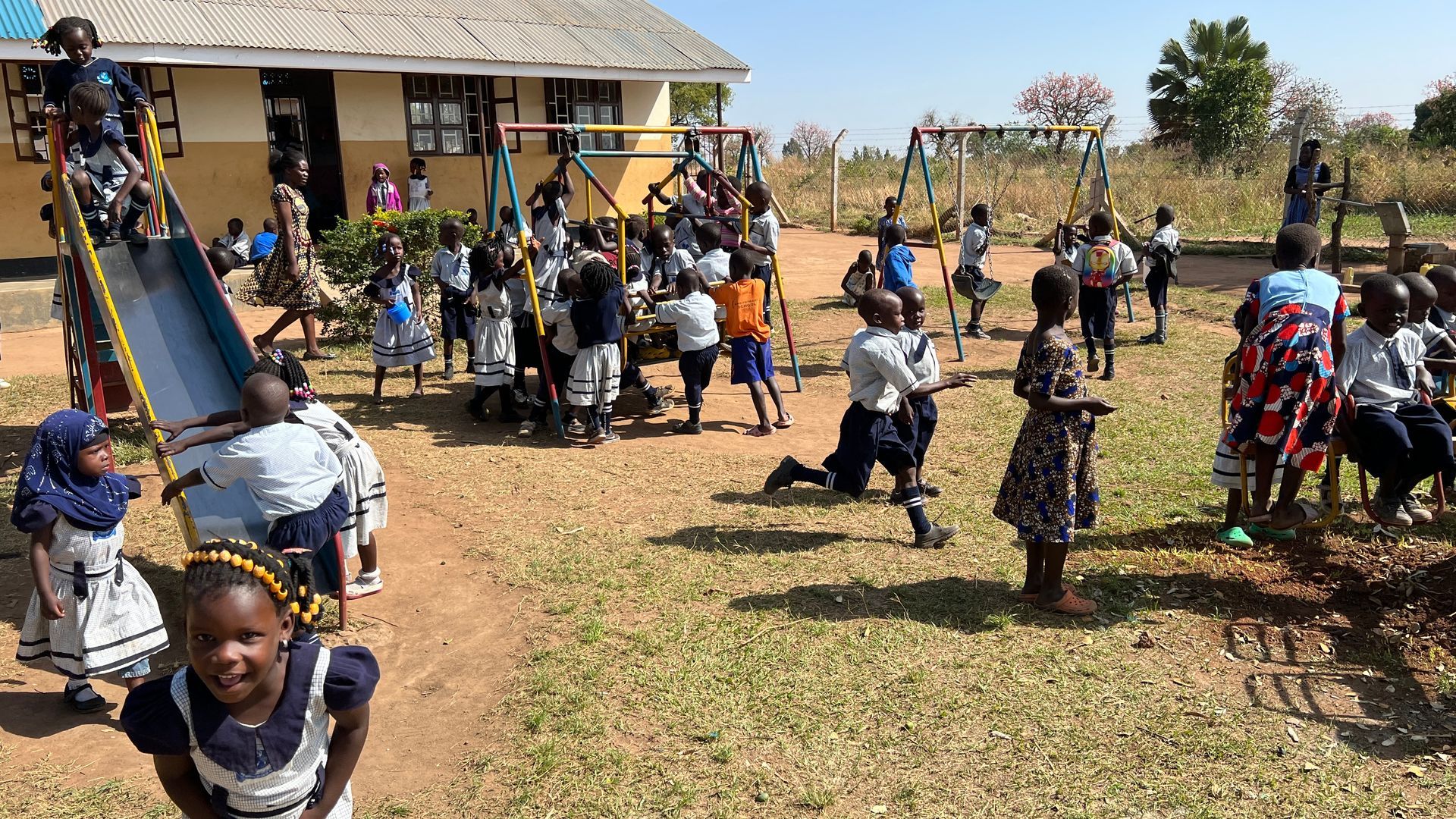
Impact of education on marginalized societies
Education can significantly improve the lives of individuals in marginalized societies. Studies show that access to education can lead to better health outcomes, increased economic opportunities, and reduced instances of poverty. Additionally, education can empower individuals to advocate for their rights and participate more actively in the political process.
Furthermore, it can also help in preserving cultural heritage and traditions within marginalized communities. Overall, education plays a pivotal role in bridging the gap between marginalized societies and the opportunities available to them.
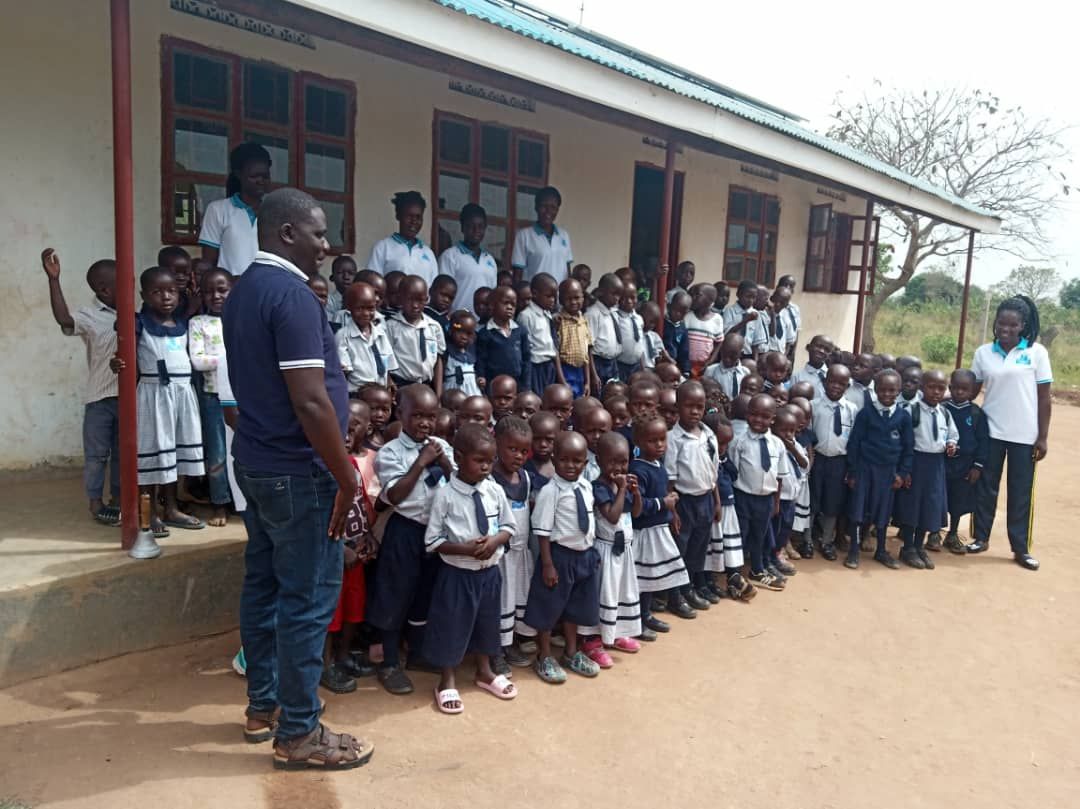
The role of building schools in bridging the education gap
Building schools plays a crucial role in bridging the education gap in marginalized societies. Here's how:
- Increased Access: Building schools provides more children in marginalized societies with access to education, breaking down barriers to learning.
- Empowerment: Education empowers individuals, especially girls, leading to higher literacy rates and improved socio-economic prospects.
- Community Development: Schools serve as community hubs, fostering social cohesion and providing opportunities for holistic development.
- Sustainable Change: Education equips individuals with the knowledge and skills to address challenges within their communities, leading to sustainable change.
Building schools in marginalized societies: case studies
In Nepal, the construction of a new school in a rural village resulted in a 30% increase in enrollment among young girls, providing them with access to education that was previously inaccessible.
Meanwhile, in a remote area of Kenya, the establishment of a community-built school led to a 50% reduction in child labor, as children were able to attend school instead of working in the fields.
These case studies demonstrate the significant impact that building schools can have in marginalized societies, not only in providing education but also in improving the overall well-being of the community.
Collaboration and partnerships for building schools
Collaboration and partnerships are crucial in the process of building schools in marginalized societies. Working with local communities, NGOs, and government agencies can help in identifying suitable locations for the schools, securing necessary resources, and ensuring long-term sustainability.
Engaging with local businesses and academic institutions can also provide valuable expertise and support for curriculum development, teacher training, and extracurricular activities. By pooling together resources and expertise, it becomes possible to create a network of support that will not only aid in the construction of schools but also contribute to the overall improvement of education in these communities.
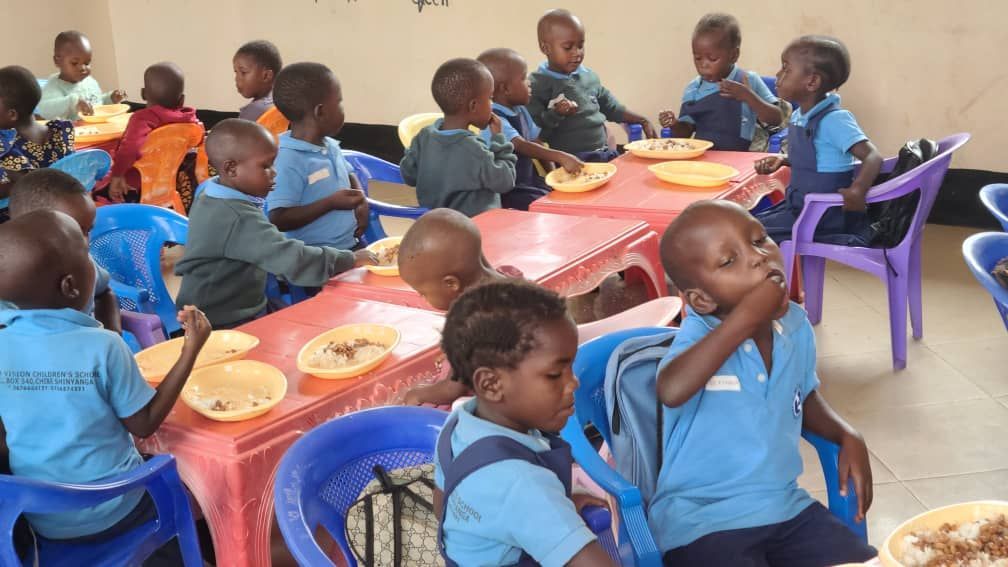
Innovative designs and sustainable construction approaches
Innovative designs and sustainable construction approaches provide long-lasting and eco-friendly school buildings. Green building practices such as energy-efficient designs and the use of renewable materials ensure that the schools are environmentally friendly. Additionally, the integration of natural light and ventilation systems significantly reduce energy consumption and improve the learning environment for students. Furthermore, incorporating local building materials and traditional construction techniques allows for greater community involvement while promoting economic sustainability.
Empowering local communities through school building projects
Local communities can be empowered through school building projects by providing access to education. When communities are involved in the construction of schools, it fosters a sense of ownership and pride. This, in turn, can lead to increased engagement and commitment to education. Additionally, constructing schools within the community facilitates easier access for children, especially those who are marginalized or living in remote areas.
Moreover, by involving local residents in the planning and building process, it creates opportunities for skills development and employment within the community. This approach can lead to sustainable and impactful change in bridging the education gap in marginalized societies.
Funding and resource mobilization for school construction
Constructing schools in marginalized societies often requires significant funding and resource mobilization. This involves reaching out to potential donors, securing grants, and organizing fundraising events within the community. In addition to financial resources, it's essential to mobilize volunteers and skilled labor to contribute to the construction process.
Identifying and leveraging local materials and resources can also help reduce costs and ensure sustainability. Effective management of funds and resources is crucial to ensure the successful completion of school construction projects.
Future outlook: sustainable development through education
Despite the challenges, sustainable development through education offers hope for marginalized societies. Investments in education can lead to increased economic growth, improved health outcomes, and reduced poverty rates. According to UNESCO, for every additional year of education a person receives, their income can increase by 10%.
Education also plays a crucial role in building a sustainable future, as educated individuals are more likely to make environmentally conscious decisions and contribute positively to their communities. By prioritizing education, we can lay the foundation for a brighter future, ensuring that marginalized societies have the opportunity to thrive.
Categories
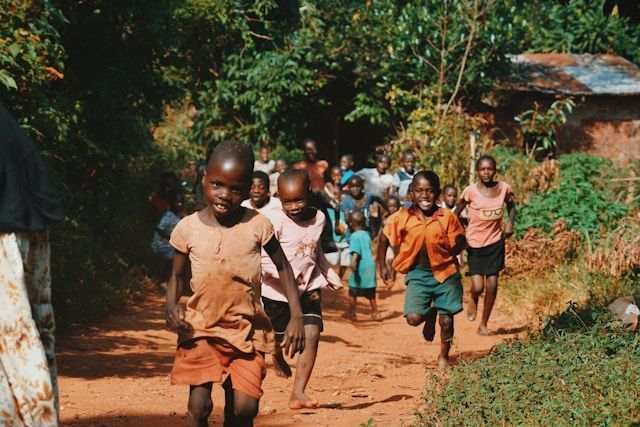
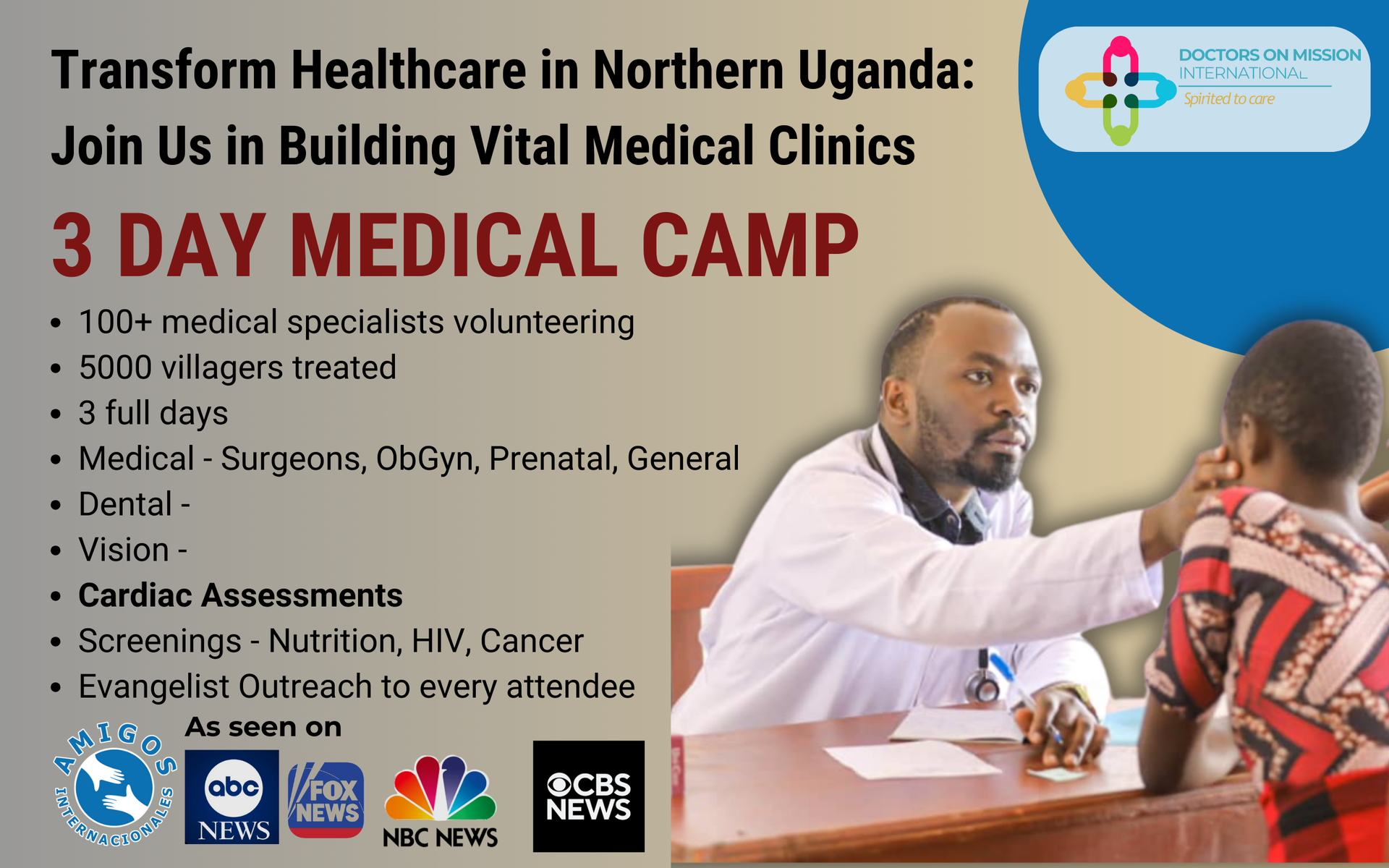
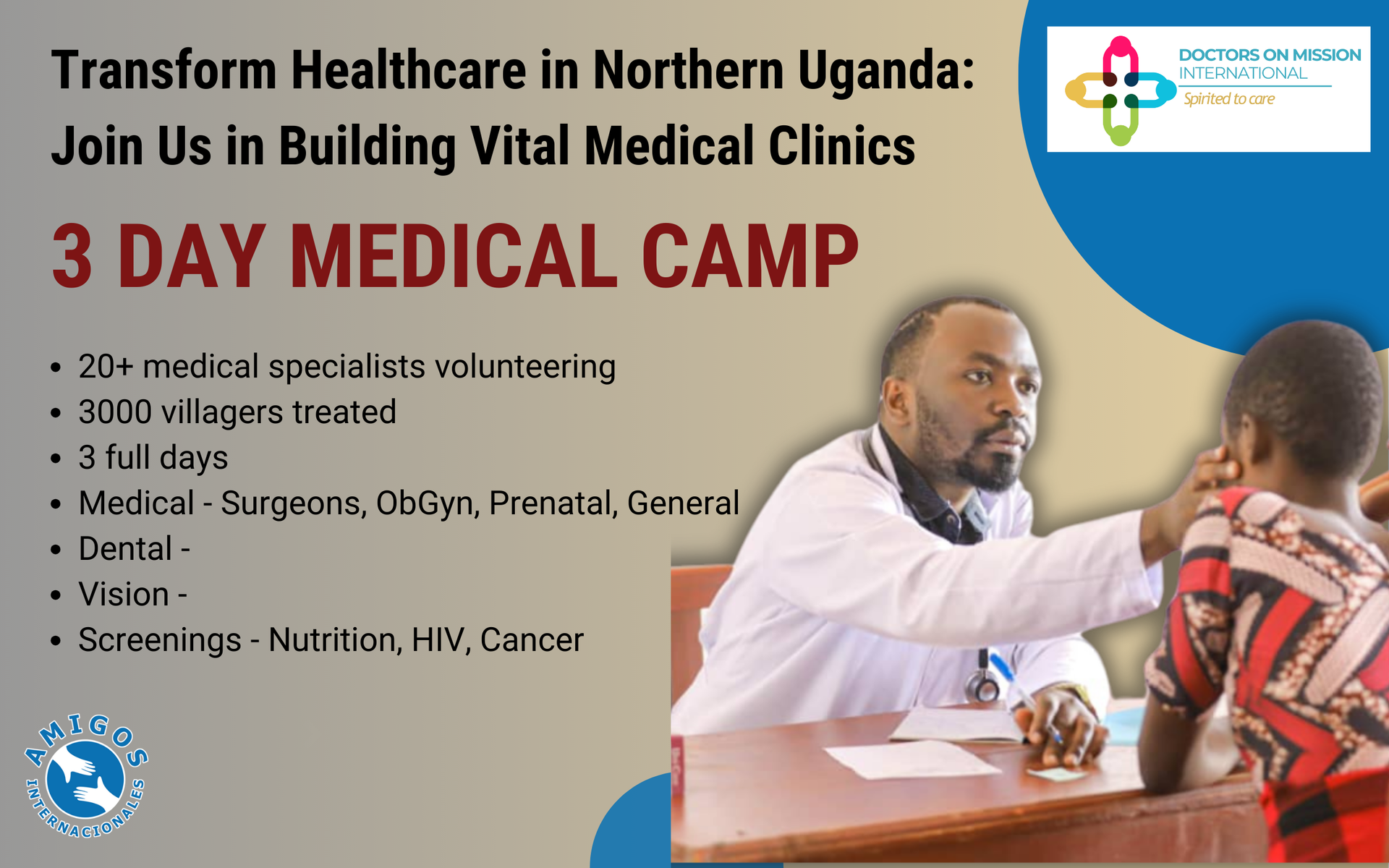


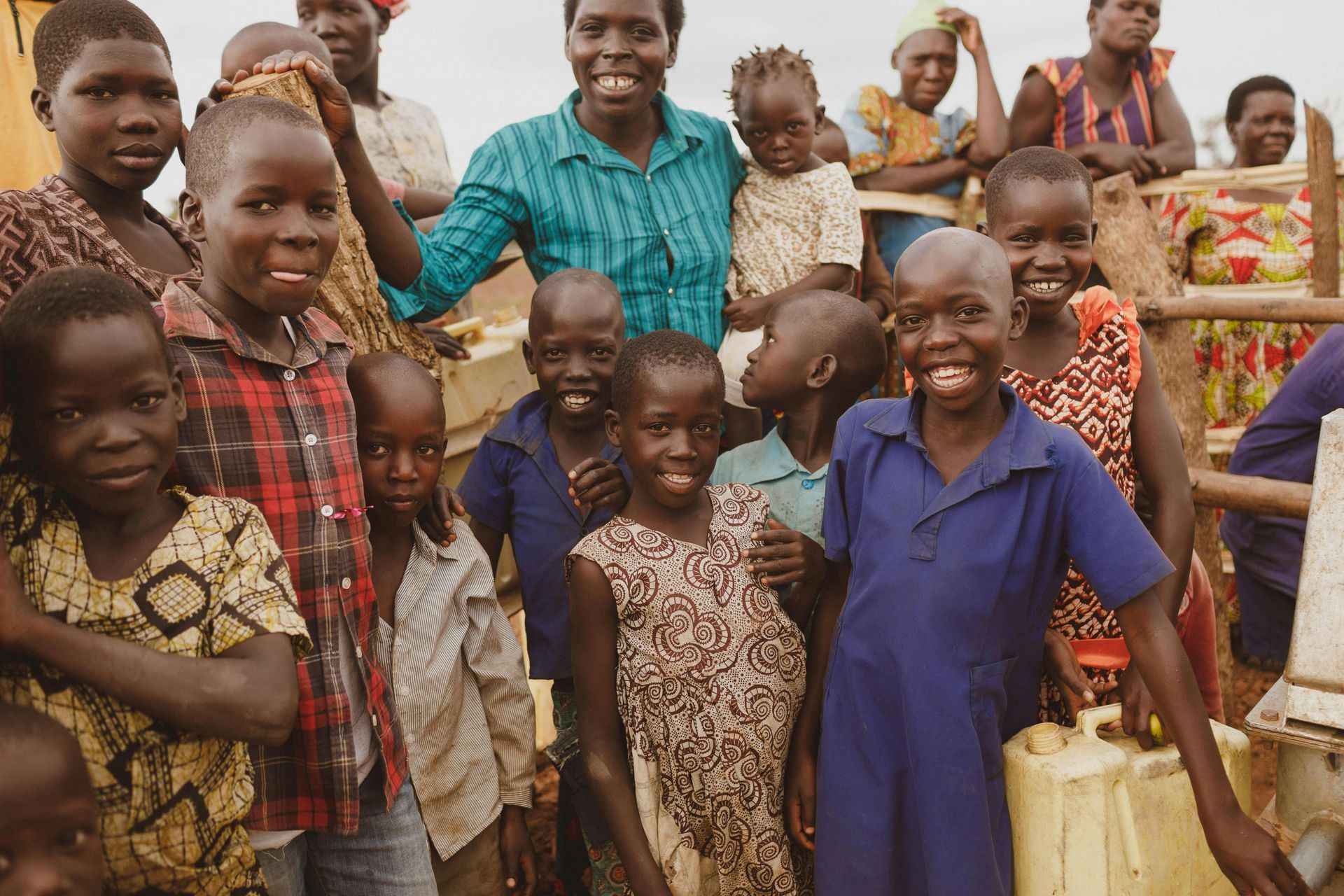

Social Media







